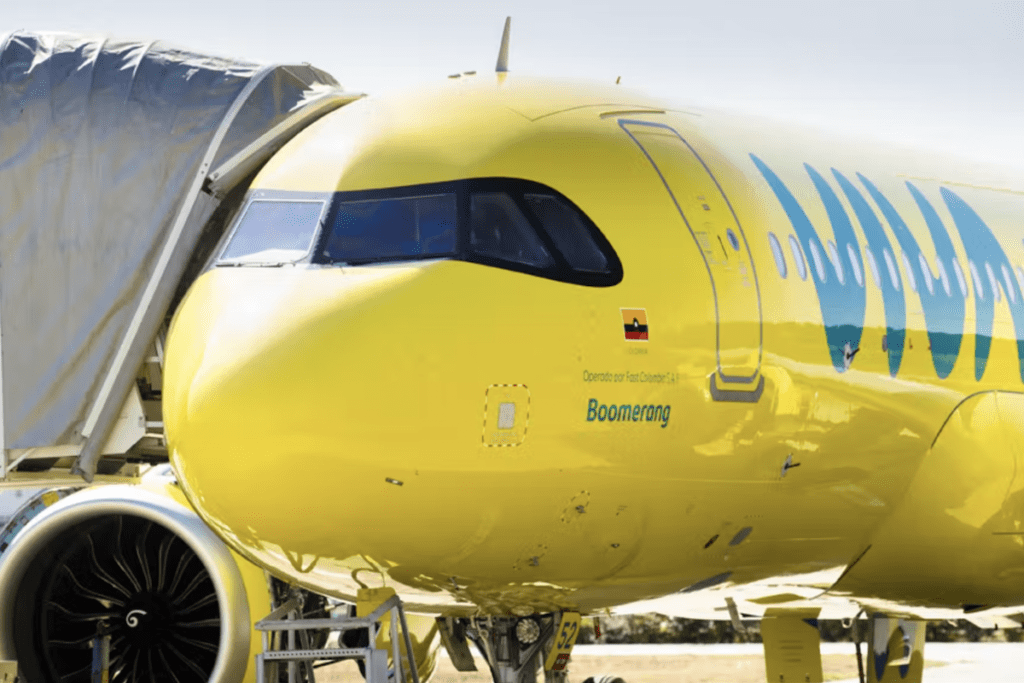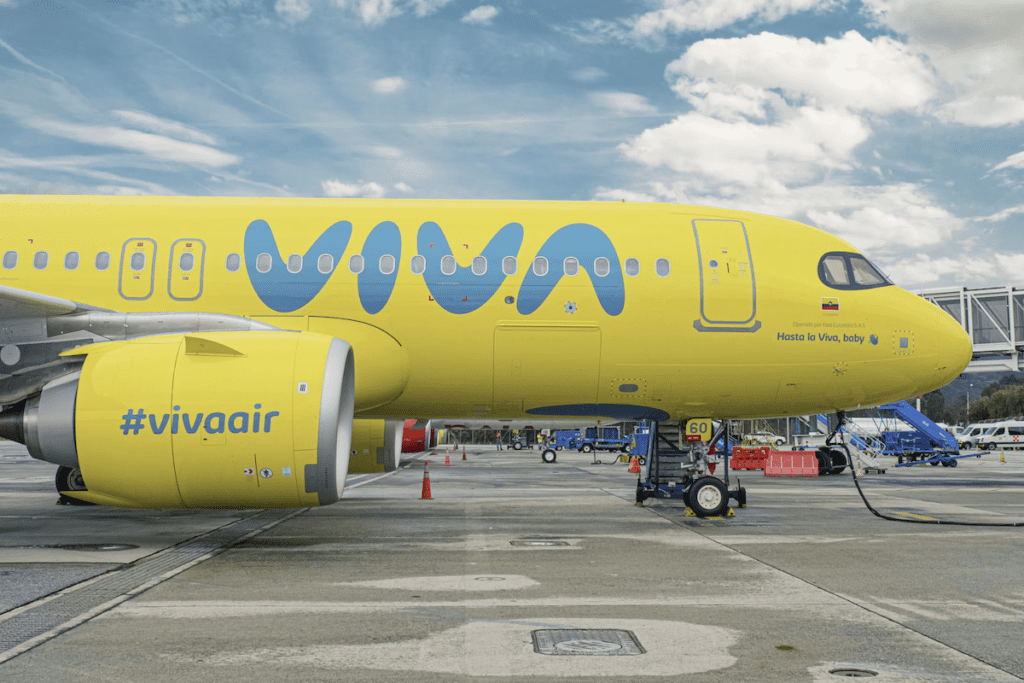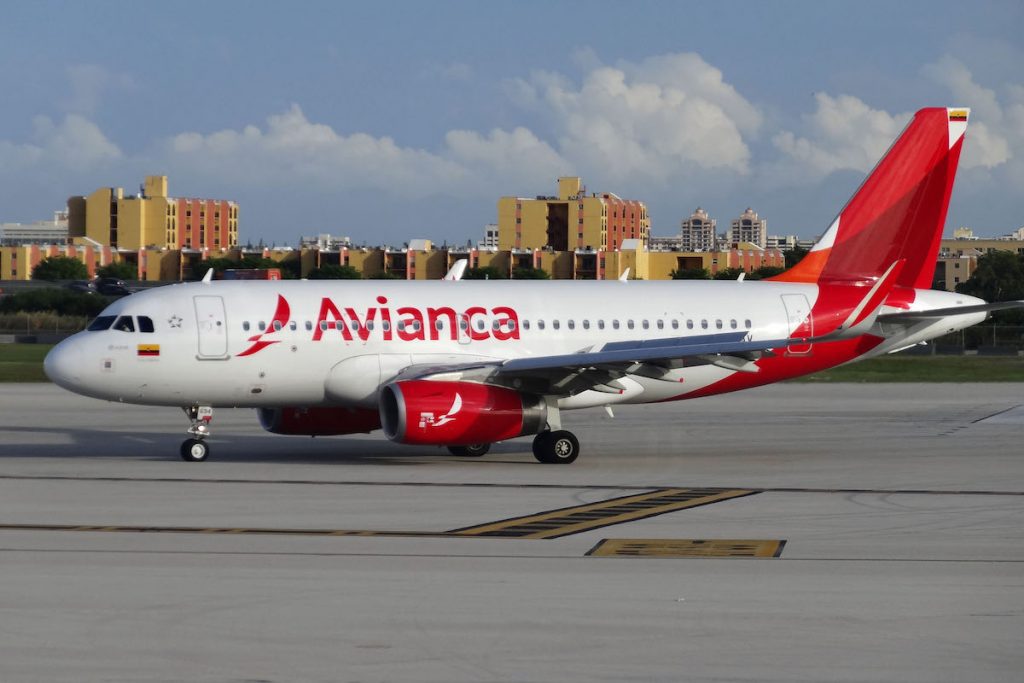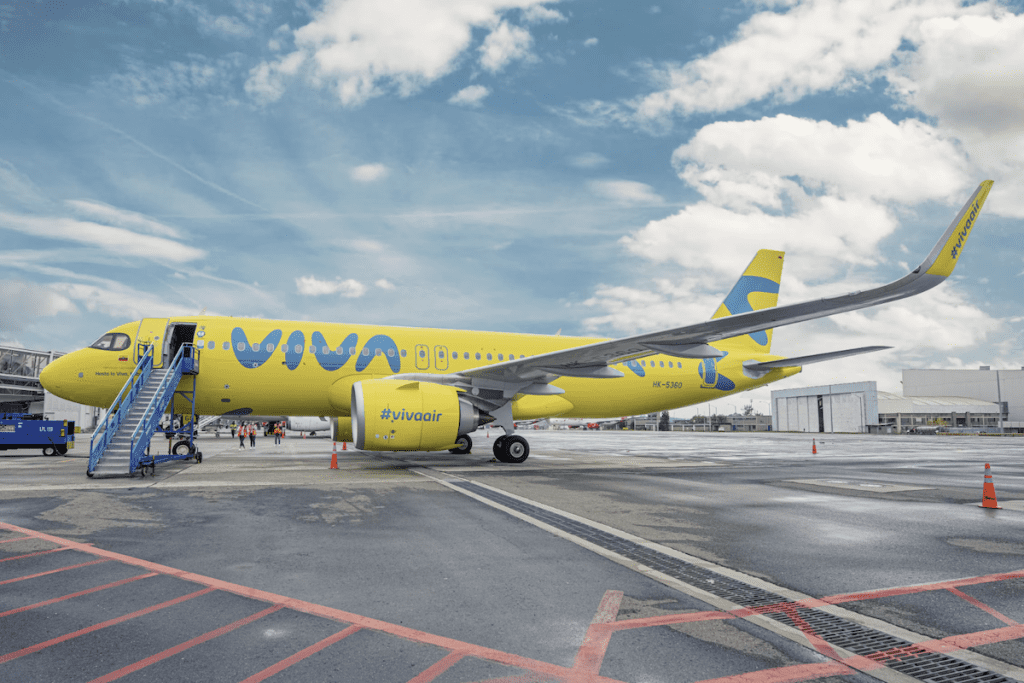Whether Viva Air will ever fly again is increasingly an open question. Avianca, which wants to merge with the bankrupt budget carrier, said late Wednesday that the conditions laid out by Colombian civil aviation regulators for the deal “make Viva’s recovery impossible.”
“Several conditions that, depending on the case, (i) make Viva’s operation unviable in the medium term, sentencing it to operational and financial failure (e.g. lack of slots), (ii) are impossible to comply with, given the current reality of that company, which has already lost more than half of its aircraft (e.g. the requirement to maintain capacity on exclusive routes despite the lack of aircraft and slots), or (iii) grant unjustified benefits to third parties (e.g. requiring Avianca to pay for Satena’s IOSA certification).”
— Avianca in its response to regulator Aerocivil’s tentative approval of the merger
The Bogotá-based Star Alliance carrier added that the conditions were “unfeasible” for the deal to move forward.
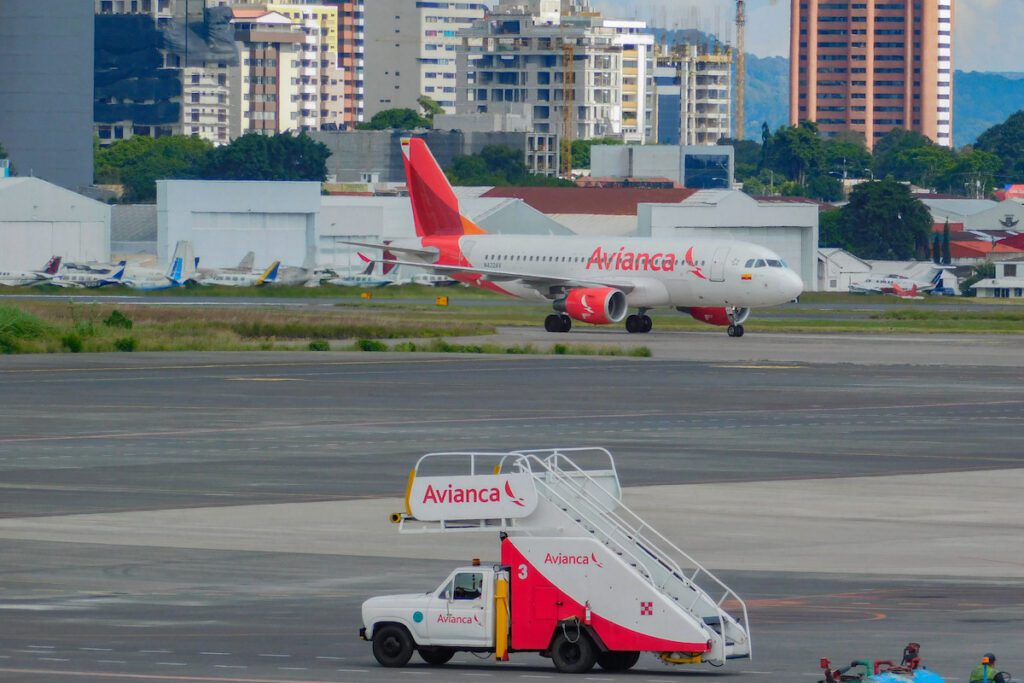
Aerocivil’s conditions include divesting slots at Bogotá’s congested El Dorado airport, reviving the Viva Air brand, honoring the tickets of travelers affected by Viva’s shutdown, and maintaining a codeshare with Colombian regional airline Satena.
Avianca first acquired Viva in mid-2022, and then announced plans to merge with the Colombian discounter — but maintain it as a separate brand — last August. What’s followed is a telenovela of twists and turns including allegations of antitrust violations by Avianca, 11th hour interference from competitors, and mixed messages from Aerocivil.
What happens next is anyone’s guess. Viva closed its doors two months ago at the end of February and, as Avianca, points out, aircraft leasing companies have already begun taking back aircraft. Latam Airlines has begun offering former Viva staff jobs at its own growing Colombian subsidiary. And competitors, including Chilean discounter JetSmart and Copa Airlines-owned Wingo, have outlined plans to expand in the domestic Colombian market.
Aerocivil has said that Avianca, and other “interested parties” — including JetSmart, Latam, and Wingo — have 13 days to respond to its tentative approval. Only then, under the current timeline, could it finalize its approval and the deal close.
